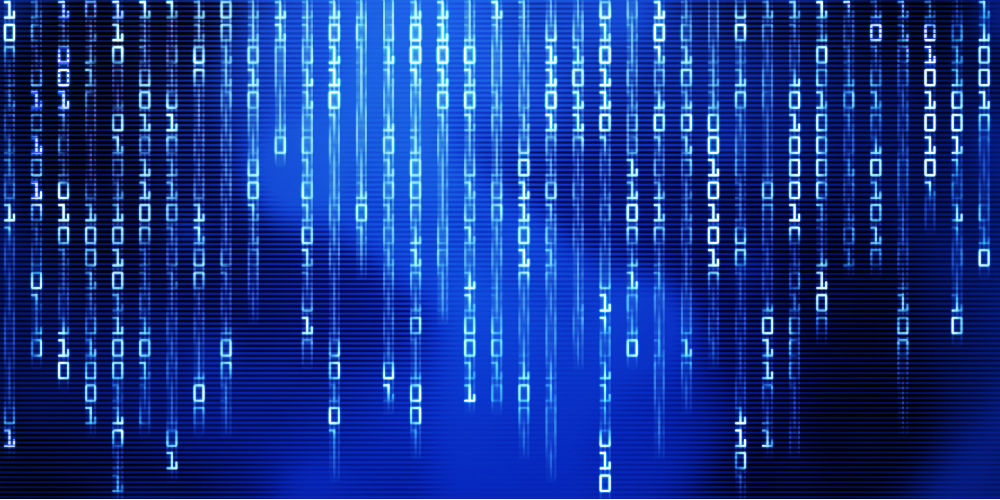
Over the summer, I had an epiphany. I have been trundling along as an aspiring journalist for almost four years. It isn’t exactly a growth field, I know, but I was pretty sure that’s what I wanted to do since I was a news junky. But the more I studied it, the more convinced I became that being a beat reporter might not be the path for me. But then, this spring, I wrote an article about the data scientists in our computer science department, and realized how awesome their work was! They were studying voting and polling data and analyzing it for trends. Over the summer, I took a free online course about data science, and I am totally turned on to it. It seems like journalism and data science have a lot in common. So, to say it plainly, I want to become a data scientist, but I don’t have the time to pursue that degree in college. What should I do? Am I making a mistake to shift from journalism to data science? Is there a way to study data science and turn my two interests into a career?
Data science has revolutionized many fields, journalism among them. Journalists and data scientists like Nate Silver and Chris Wiggins have applied their mathematical and technical knowledge to analyze big trends (like polling data, hurricane paths, social media bots) and interpret the phenomenon for the benefit of lay readers. It is no wonder that The Onion, the United State’s premier satirical publication, published an article about Nate Silver which claims that data scientists are the oracles of modern times. If you are interested in pursuing the truth, there are few better careers than one in data science.
But how do you become a data scientist? Anything with “scientist” in the job description often calls to mind years of hard work; years lost in the lab pursuing your PhD; grinding away at fellowships; moving from university to university until you finally have a post from which you can conduct your own research. But data science, as a field, is a little different. To be a data scientist, you don’t need to have a PhD or teach at a university, or even have a lab. You just need to know how to collect, contextualize, and apply big data (the way a journalist might contextualize the day’s big events). These are specialized skills, though, so your best bet, educationally, is to pursue a Master’s degree. If you look into an online Master’s in Data Science, you will find that data scientists are taught practical skills, such as business analytics and financial analysis, as well as more quantitative and theoretical skills. A focused degree program can catapult you into the field.
All that said, data science is a digital profession, which means there are lots of digital resources out there for you. These include DataTau, a kind of aggregator for data science that collects relevant articles in the field, and Towards Data Science, a data science and machine learning news website. All of these sites ultimately encourage hands-on learning, in other words, building your own projects. You can see what the experts in the field are doing and from that, you’ll learn the higher-level concepts that you can apply to your own work.
Your success in finding a career that welds your old and new interests is dependent on your drive. Your background in journalism is an asset, so with that strong foundation, all you need to do is seek out the know-how and follow your passion!
